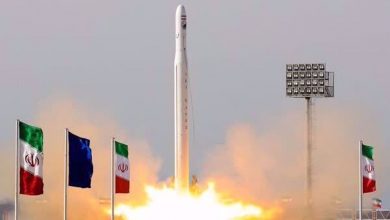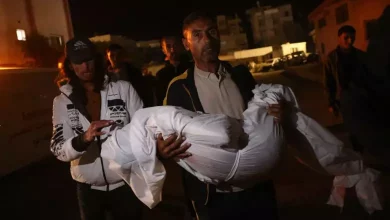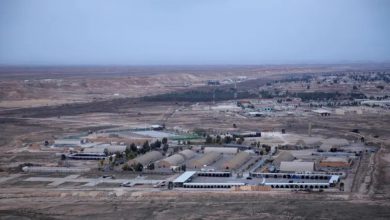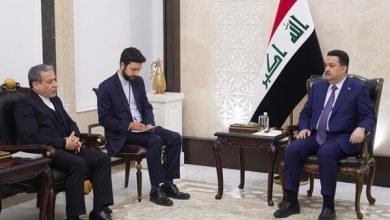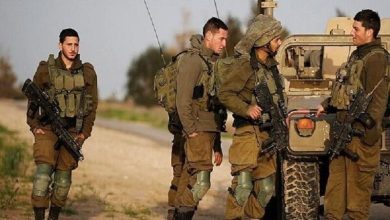IAEA chief slams Iran nuclear deal ’empty shell’
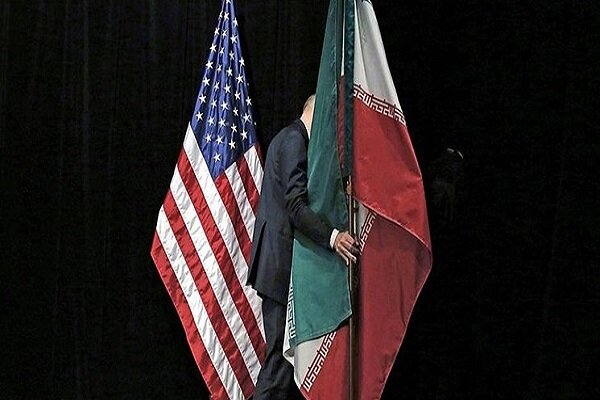
The Joint Comprehensive Plan of Action (JCPOA) on the Iranian nuclear issue is outdated, it is necessary to look for a new format for a deal with Iran, IAEA Director General Rafael Grossi says.
“The JCPOA is an empty shell. I don’t think anybody thinks that the JCPOA can play a role at the moment. I think it used to be an agreement that was in operation for some time, but now, irrespective of what you may think about its merits or lack of thereof, it is obvious that technologically speaking, it has been completely superseded. It is no longer fit for purpose,” he said at a press conference in Tokyo.
According to him, the text of the previous agreement already contains outdated information, including the types of centrifuges used by Iran. Grossi noted that during his meeting with Iranian Foreign Minister Abbas Araghchi, the two sides agreed that “the philosophy of the JCPOA,” which is based on Iran’s “restraint of activities in exchange for incentives,” can continue.
The Joint Comprehensive Plan of Action (JCPOA) was signed with Tehran in 2015 by the five permanent members of the UN Security Council and Germany to resolve the crisis over Iran’s nuclear research.
The pact marked the end of a crisis that began in 2004, when Western countries accused Iran of developing nuclear weapons and imposed sanctions. In 2018, during his first term as president, Trump withdrew from the deal and reinstated all anti-Iranian sanctions, the lifting of which had begun under the terms of the deal.
In response, the Iranian parliament passed a law in 2020 on measures to respond to sanctions, under which it reduced a number of obligations under the nuclear deal, including halting IAEA inspections beyond the scope of the Nuclear Non-Proliferation Treaty between the IAEA and the country and banning strict monitoring measures.
MNA/
